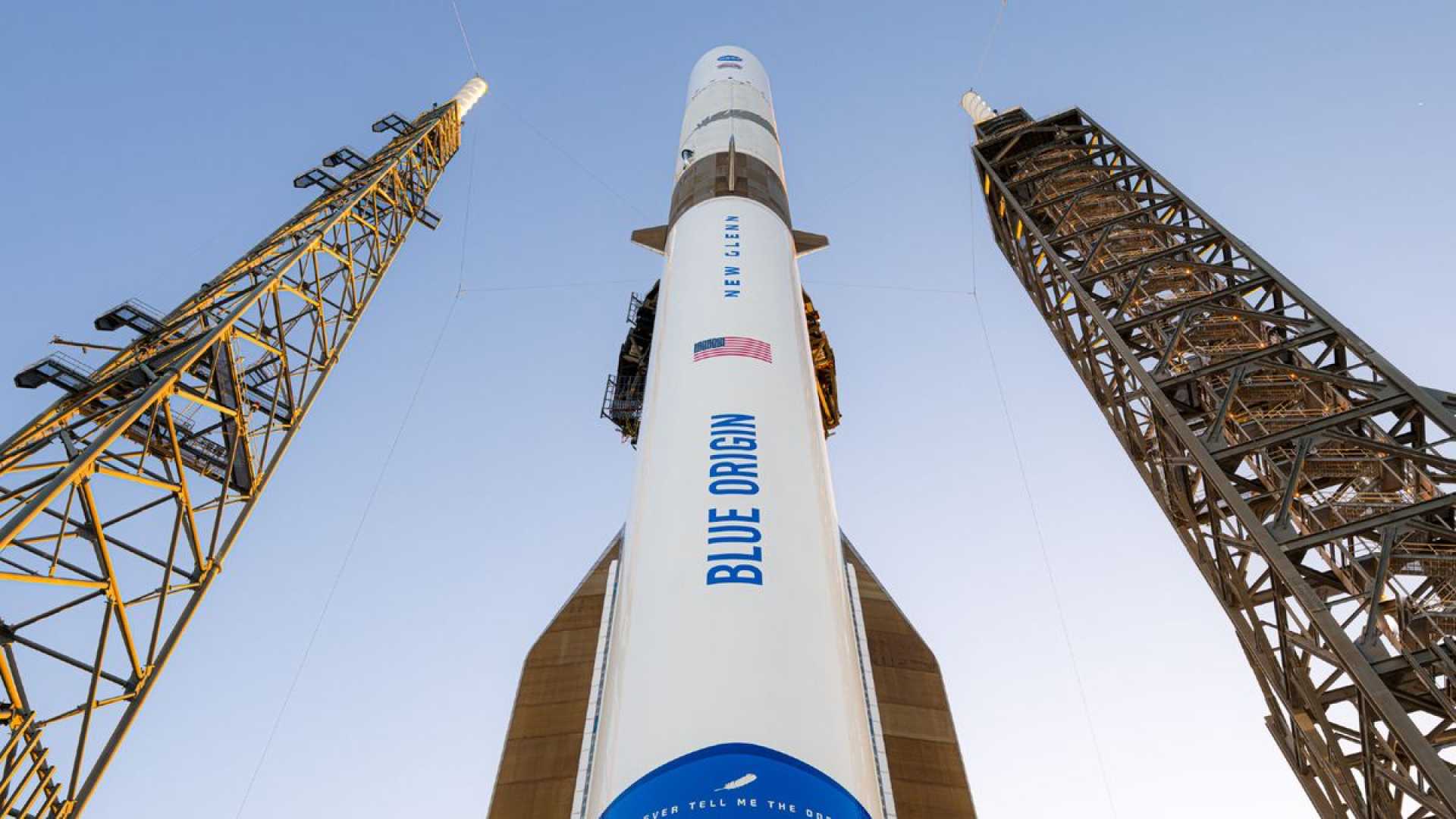News
Blue Origin Set to Launch ESCAPADE Mission to Mars November 13

CAPE CANAVERAL SPACE FORCE STATION — Blue Origin plans to launch NASA’s ESCAPADE mission on Thursday afternoon, November 13. The mission aims to send two satellites, named Blue and Gold, to Mars to study its magnetosphere and assist future astronauts.
The announcement came via an email from Blue Origin on Wednesday, confirming the launch time window from 2:57 p.m. ET to 4:25 p.m. ET from Launch Complex 36. Stephanie Plucinsky, a media relations specialist at Blue Origin, stated, “NG-2 Update: We are scheduled to launch tomorrow, November 13 …”
The first-stage reusable booster, nicknamed Never Tell Me The Odds, will attempt to land on the cargo ship Jacklyn, similar to SpaceX’s Falcon 9 landing operations. While the weather had previously postponed the attempt due to solar activity, current forecasts suggest clear skies.
The ESCAPADE mission is crucial for understanding Mars’ atmosphere and the impact of solar winds on the planet, which could aid human exploration. Dr. Rob Lillis, principal investigator at UC Berkeley’s Space Sciences Laboratory, outlined the mission’s goals, saying it will gather essential data about Martian atmospheric loss.
The mission was originally set for launch on November 9 but was delayed due to weather concerns around cumulus clouds and high solar activity, which reached severe levels on November 12. The National Oceanic and Atmospheric Administration (NOAA) reported geomagnetic storm conditions and confirmed that this activity may continue to affect space operations.
Blue Origin has stated that while they are prepared for launch, they prioritize safety regarding the impact of space weather on the ESCAPADE spacecraft. “New Glenn is ready to launch. However, due to highly elevated solar activity and its potential effects on the ESCAPADE spacecraft, NASA is postponing launch until conditions improve,” Plucinsky remarked.
The ESCAPADE spacecraft were built by Rocket Lab for NASA’s Small Innovative Missions for Planetary Exploration (SIMPLEx) program, which emphasizes low-cost missions designed to study various planetary environments. The satellites are expected to spend 11 months traveling to Mars.
This launch represents a significant moment for Blue Origin as they continue to establish themselves in the competitive space launch market. Their first-flight of New Glenn took place in January 2025, and the company is looking to build on that success with the NG-2 mission.










